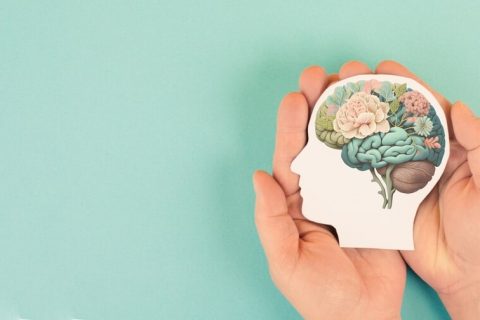Breaking the Stigma: Why Men’s Mental Health Matters

In a world that often places heavy expectations on men to be strong, stoic, and unyielding, discussions about their mental health are frequently muted. However, it’s high time we break the stigma surrounding men’s mental health and acknowledge that their well-being matters just as much as anyone else’s. In this blog post, we will explore why men’s mental health is a vital issue and how we can work together to create a more inclusive and supportive environment for all.
The Silence Surrounding Men’s Mental Health
Historically, societal norms and expectations have perpetuated the silence surrounding men’s mental health. Men have been encouraged to suppress their emotions, project an image of invulnerability, and solve problems on their own. This cultural narrative has created a formidable barrier for men seeking help or even acknowledging their mental health challenges.
Why Men’s Mental Health Matters
High Suicide Rates: One of the most significant concerns is the disproportionately high rate of suicide among men. In many countries, men are more likely to die by suicide than women. This heartbreaking statistic underscores the urgent need to address men’s mental health issues.
Impact on Physical Health: Ignoring mental health problems can take a toll on physical health as well. Studies have shown that untreated mental health issues can lead to a higher risk of heart disease, diabetes, and other chronic illnesses in men.
Impact on Relationships: The traditional masculine ideal often discourages emotional vulnerability, which can strain relationships. Men who suppress their emotions may have difficulty connecting with their partners and loved ones on a deeper level.
Workplace Stress: Men often face unique pressures in the workplace, such as the expectation to provide for their families or to excel in competitive environments. These pressures can contribute to high levels of stress and anxiety.
Substance Abuse: Men may turn to substances like alcohol or drugs to cope with mental health challenges, which can lead to substance abuse issues.
Role Modeling: Men’s mental health is also crucial for younger generations. By openly addressing their mental health, men can serve as positive role models for boys and young men, encouraging them to seek help when needed.
Breaking the Stigma
Now that we understand the significance of men’s mental health, let’s explore how we can break the stigma surrounding it.
Open Dialogue: The first step is to encourage open dialogue. Men should be encouraged to talk about their feelings and experiences without fear of judgment. Creating safe spaces for these conversations can be immensely beneficial.
Challenging Stereotypes: We need to challenge and redefine the narrow stereotypes of masculinity. Men can be strong and sensitive, tough and empathetic, all at once. Acknowledging this diversity within masculinity can help men feel more comfortable expressing their emotions.
Promoting Help-Seeking Behavior: Men should be educated about the importance of seeking help when facing mental health challenges. This includes seeking therapy, counseling, or support from friends and family.
Support Networks: Building strong support networks is crucial. Friends and family can play a vital role in helping men navigate their mental health challenges. Encouraging men to reach out to these networks when needed is essential.
Mental Health Education: Providing mental health education in schools and workplaces can help reduce the stigma surrounding mental health for everyone, including men. When everyone has a better understanding of mental health, it becomes easier to support those in need.
Professional Help: For more severe mental health issues, it’s essential to seek professional help. Mental health professionals can provide guidance and treatment tailored to individual needs.
Self-Care: Encouraging self-care practices, such as regular exercise, mindfulness, and stress management techniques, can help men manage their mental health more effectively.
Media Representation: The media plays a significant role in shaping societal norms and perceptions. Encouraging media to portray men in a more diverse and emotionally expressive light can help challenge traditional stereotypes.
Conclusion
Men’s mental health matters, and breaking the stigma surrounding it is a collective responsibility. By creating open, non-judgmental spaces for men to talk about their feelings, challenging harmful stereotypes, and promoting help-seeking behavior, we can pave the way for a healthier, more inclusive society where men feel empowered to prioritize their mental well-being.
Remember, seeking help is a sign of strength, not weakness. Men, just like women, deserve to live their lives free from the burden of untreated mental health issues. By working together to break the stigma, we can ensure that men receive the support and care they need to lead happier, healthier lives.





